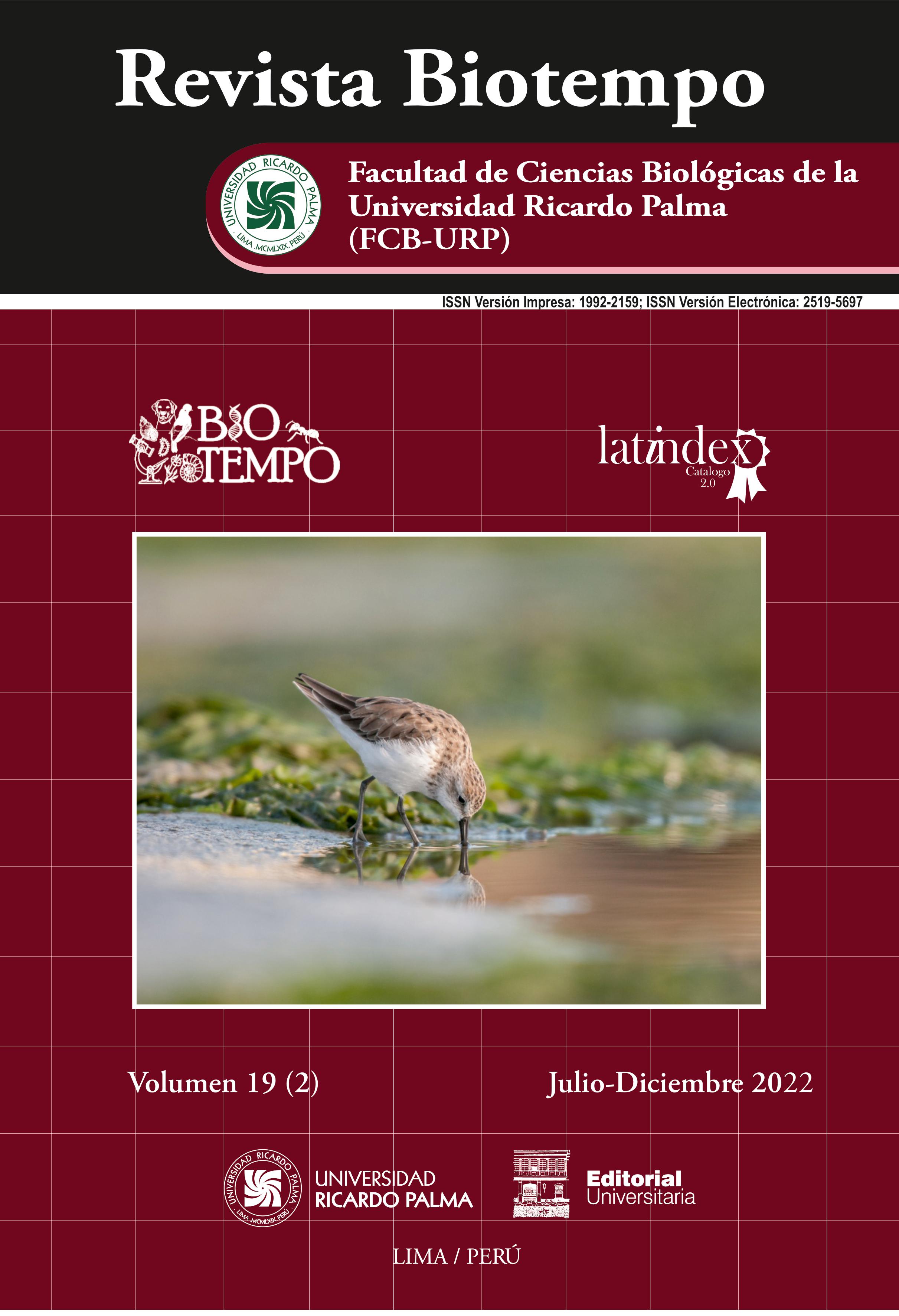ANEMIA CONTROL IN CHILDREN BY CONSUMPTION OF EGGS OF BACKYARD HENS
DOI:
https://doi.org/10.31381/biotempo.v14i2.1317Keywords:
anemia, chronic malnutrition, InterventionAbstract
The teaching of public health contemplates the selection and development of a healthy community like the Jardines de Manchay, Lima, Perú. Th is locality was chosen for having the highest level of social exclusion and the highest rate of chronic child malnutrition in the district of Pachacamac. Th e Jardines de Manchay in February of 2013 had about 500 families, from where 5% of children aged 4-5 years were suff ering from chronic malnutrition. In November 2014 the Pro-Niño charitable foundation fi nanced the purchase of 600 chickens and chicken food (until week 25 where the production of eggs started) that were distributed among 30 families, the eggs were consumed by the family with an emphasis on feeding the children, leaving a surplus of eggs of 25% for sale. At the beginning of the egg production the hemoglobin, height and weight of 20 of the families that include 18 children under 9 years old were recorded. Th e next measures were taken on 16 children, at the end of egg production. Th ese results were analyzed using the McNemar’s, Sign and Student’s t tests. At the beginning of the study 7 (44%) of the 16 children were found anemic, at the end of the study none were found anemic (p≤0.0114). Th e children improved their growth being this statistically signifi cant (p≤0.05). Daily egg consumption by children controls anemia and decreases chronic childhood malnutrition.










